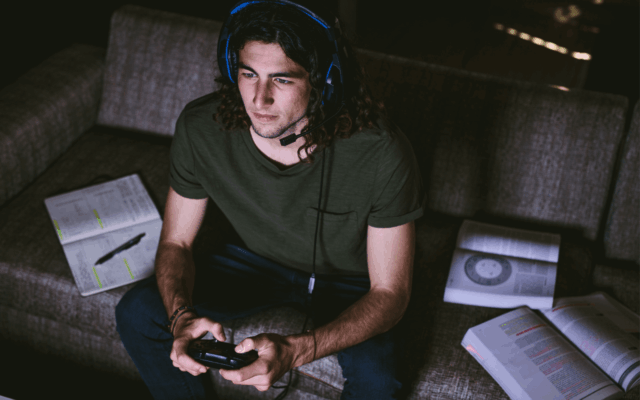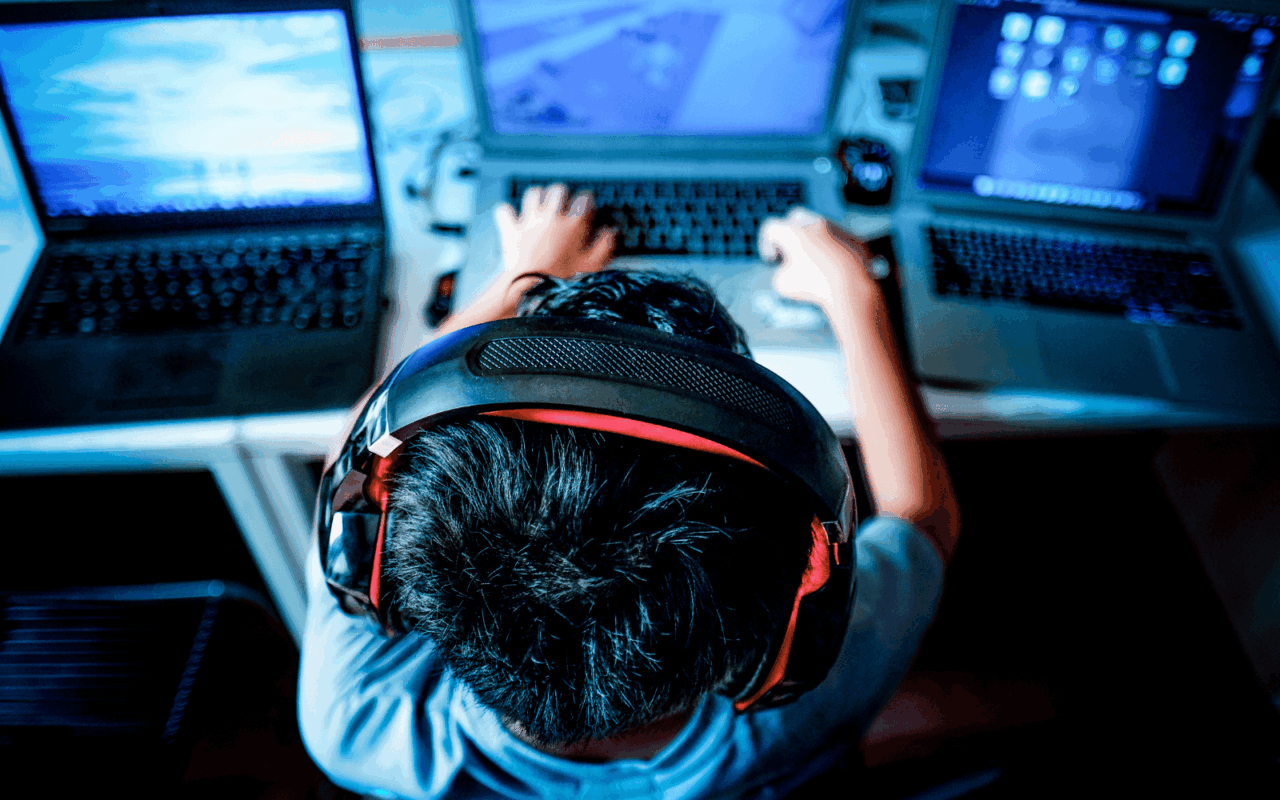Video games are more popular than ever, especially after the pandemic increased time spent indoors. While online gaming can feel social, real connection comes from in-person interactions. For some, gaming becomes their primary form of comfort and interaction. At Omega Recovery, we help gamers regain balance and control. Seeking video game addiction treatment in Austin is the first step to reclaiming life and mental health.
Defining And Identifying Video Game Addiction Today
The line between leisure gaming and addiction is clear. Casual gaming is a fun pastime, but addiction turns gaming into a person’s primary source of enjoyment. Video game addiction affects mental, emotional, and physical health, as well as work, school, and relationships. It’s a form of tech, computer, or internet addiction. Even intelligent gamers can become stuck in obsession, struggling to function in everyday life. Video game addiction treatment in Austin helps gamers regain balance and control in a tech-driven world.
Getting Help for Video Game Addiction
Identifying a video game addiction can be challenging, whether for yourself or a loved one. A key sign is losing interest in life outside of gaming. Video games often target children and young adults—97% of male teens and young adults in the U.S. play them, and 41% admit to spending too much time gaming. About 10% develop obsessive, compulsive behaviors. Video game addiction treatment in Austin is crucial for regaining balance and control. At Omega Recovery, we support gamers and their families through every step of recovery, no matter the severity.

How Video Games Interact With The Brain From A Scientific Perspective
Video games affect the brain in different ways, with age and habits influencing the impact. Balanced gaming with hobbies or sports provides small dopamine boosts, leaving gamers happy and motivated. But long, frequent sessions overstimulate dopamine, causing the brain to shut down natural production. This cycle drives more gaming, leading to dopamine deficiency. That’s why video game addiction treatment in Austin is crucial for regaining balance and control, protecting brain health and daily life.
The Neuroscience Behind Gaming and Addiction
Video game addiction also affects the brain’s natural fight-or-flight response. The amygdala, an almond-shaped mass in each cerebral hemisphere, governs emotions like fear, worry, and shame, and links to the hippocampus, which handles learning. It releases hormones that increase heart rate, breathing, and muscle readiness—helpful in real danger. However, violent video games can overstimulate this system, making the brain struggle to distinguish virtual from real threats, leading to anger and aggression. Interestingly, fMRI studies show that starting a game while the amygdala is active can actually calm it.
The effects of this are two-fold:
- Constant suppression of negative emotions can lead to a condition called alexithymia. If a person is alexithymic, then that means that they have trouble determining their internal emotional state. Alexithymic people find it hard to pinpoint the emotions that they are feeling. However, that does not mean that those emotions do not affect their behavior.
- The amygdala is a core part of our learning circuitry. Painful experiences get imprinted onto our memory, and we learn from them. However, people find it hard to quit playing video games because their amygdala does not make connections with their hippocampus as smoothly. They don’t learn from the painful experiences of not doing well in school or at work. Their learning circuitry gets sabotaged, and it becomes difficult for them to quit gaming.
After recent studies, there is no denying that playing video games, let alone video game addiction, has an effect on our developing brain. Effects can also pair with a gamers emotions, feelings, relationships, school studies, workplace, and every day choices in life. This supports the need for video game addiction treatment in Austin: helping gamers regain balance and control again in their life. Omega Recovery in Austin understands all too well how to break free from the grips of video game addiction to reclaim your brain and your life. We combine the best forms of video game addiction treatment to treat not just the disorder, but the person at core.
Video Game Addiction Left Unaddressed Can Explain A Person’s Lack Of Social Skills
Social disconnection is a serious issue in the video gaming community. Studies show that excessive gaming can reduce social skills, leading to isolation and social anxiety. Multiplayer games rarely provide real-life connections, and spending most time alone can harm mental health. Humans thrive on authentic interaction and healthy group support. Video game addiction treatment in Austin helps gamers regain balance, rebuild social skills, and develop the connections necessary to live a healthier, more engaged life.
Dr. Kardaras Explains Why He Provides Video Game Addiction Treatment In Austin: Helping Gamers Regain Balance And Control
As the author of the best-selling book “Glow Kids”, Dr. Kardaras is dedicated to enhancing wellness by offering clarity, direction, and results through extensive diagnostic evaluations and holistic treatment for gaming addiction. Dr. Nicholas Kardaras, Omega Recovery’s founder, is one of the country’s foremost experts on treating tech and gaming addiction. After a dedication in understanding video game and tech addiction, he has developed a very comprehensive and immersive 8-week program for successful recovery. One designed to not only treat the video game addiction, but one that also addresses any and all contributing underlying issues. Many addicted video gamers struggle with depression, anxiety, substance use, self-esteem, low resilience, shame, and trauma. Oftentimes, experiencing a real struggle to find real purpose and meaning in their own life outside of gaming.
A Quote From Dr. Kardaras
“Unfortunately, it seems that we, as a society, have entered into a Faustian deal. Yes, we have these amazing handheld marvels of the digital age – tablets and smartphones – miraculous glowing devices that connect people throughout the globe and can literally access the sum of all human knowledge in the palm of our hand. But what is the price of all this future tech? The psyche and soul of an entire generation. The sad truth is that for the oh-so-satisfying ease, comfort and titillation of these jewels of the modern age, we’ve unwittingly thrown an entire generation under the virtual bus.” – Dr. Kardaras
Dr. Kardaras and his team understand firsthand the devastating effects of untreated video game addiction. That’s why Omega Recovery offers the best video game addiction treatment in Austin, helping gamers regain balance and control. Our professionals use evidence-based, experiential, and holistic therapies, tailoring treatment to each client’s needs and severity of addiction. We create a “digital reentry” plan to guide clients and families through a smooth transition back into a tech-driven world, supporting school, work, and personal goals. This authentic, immersive environment has been shown to produce better recovery outcomes.







